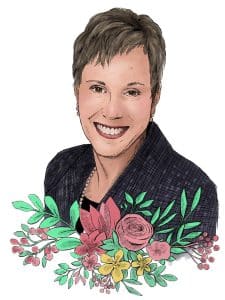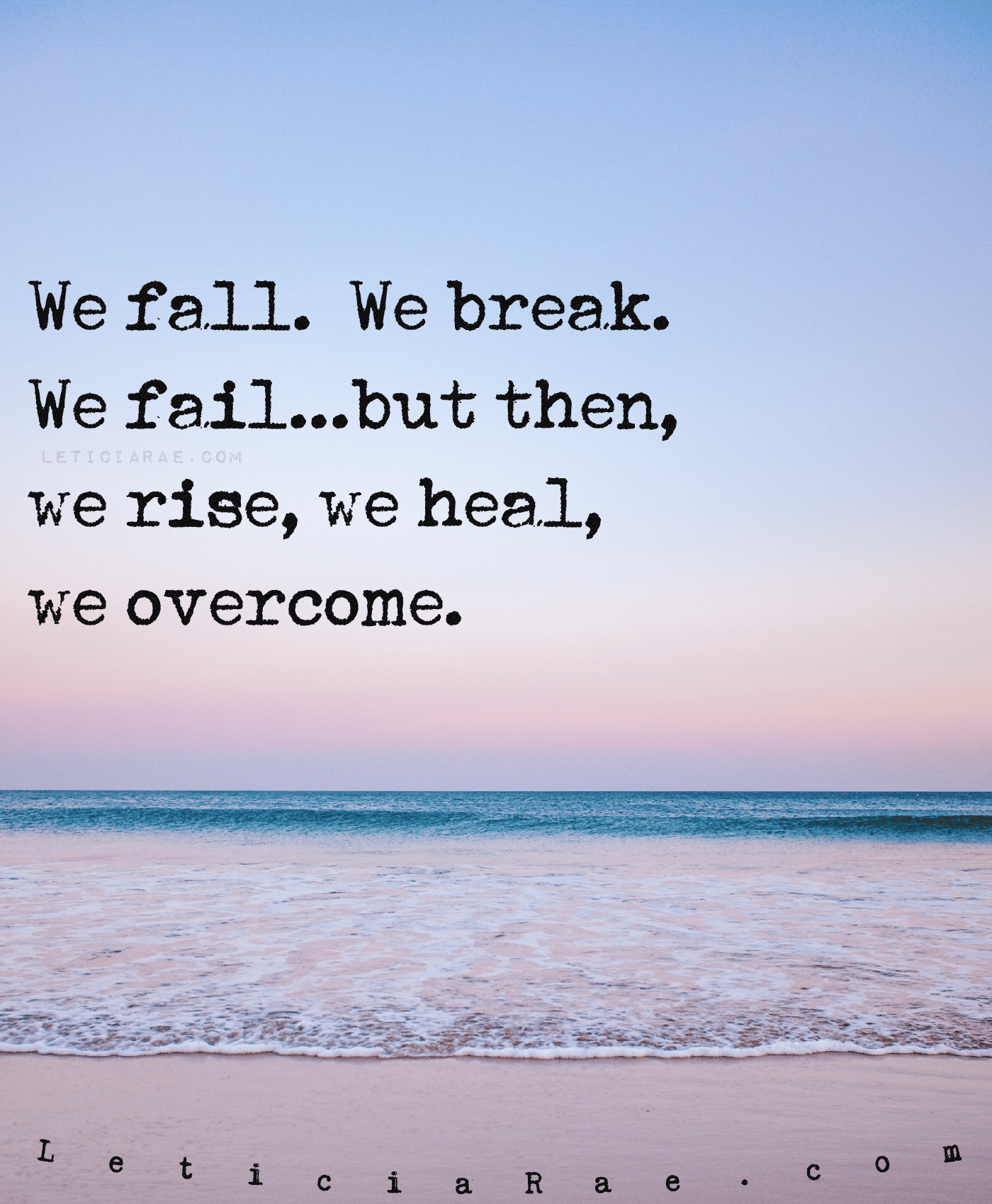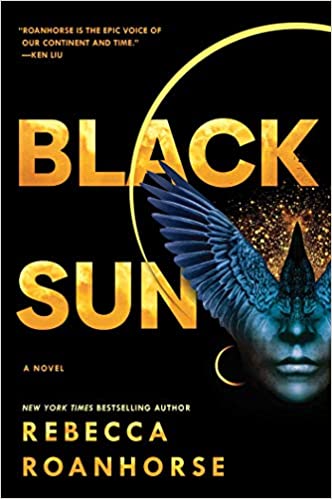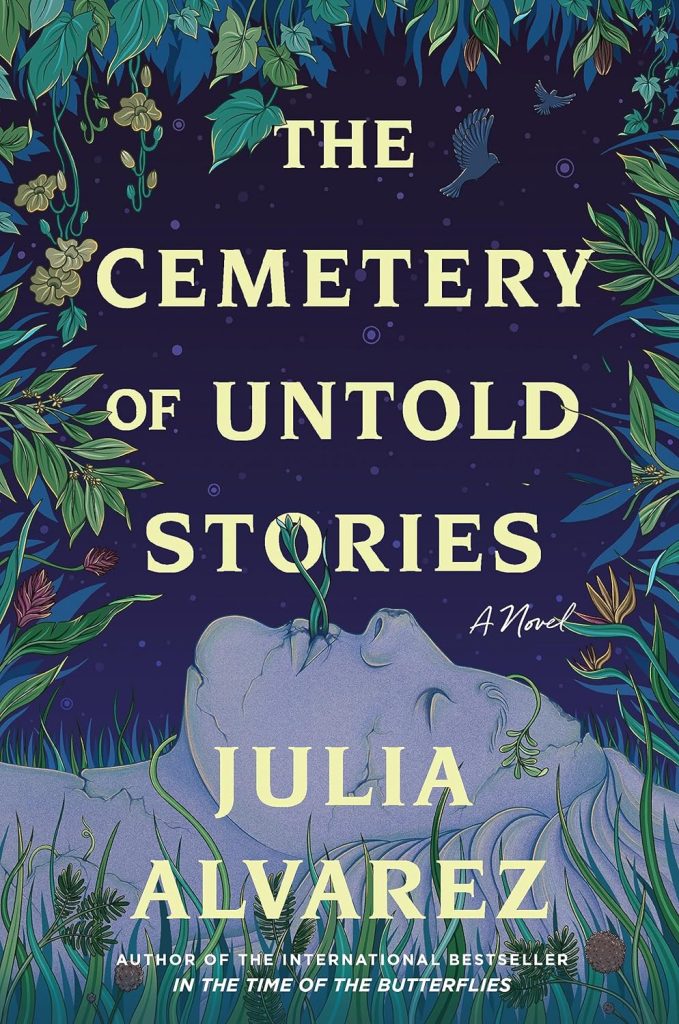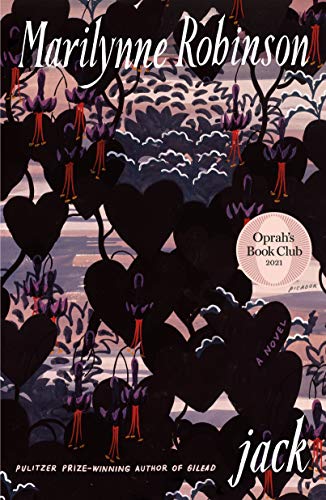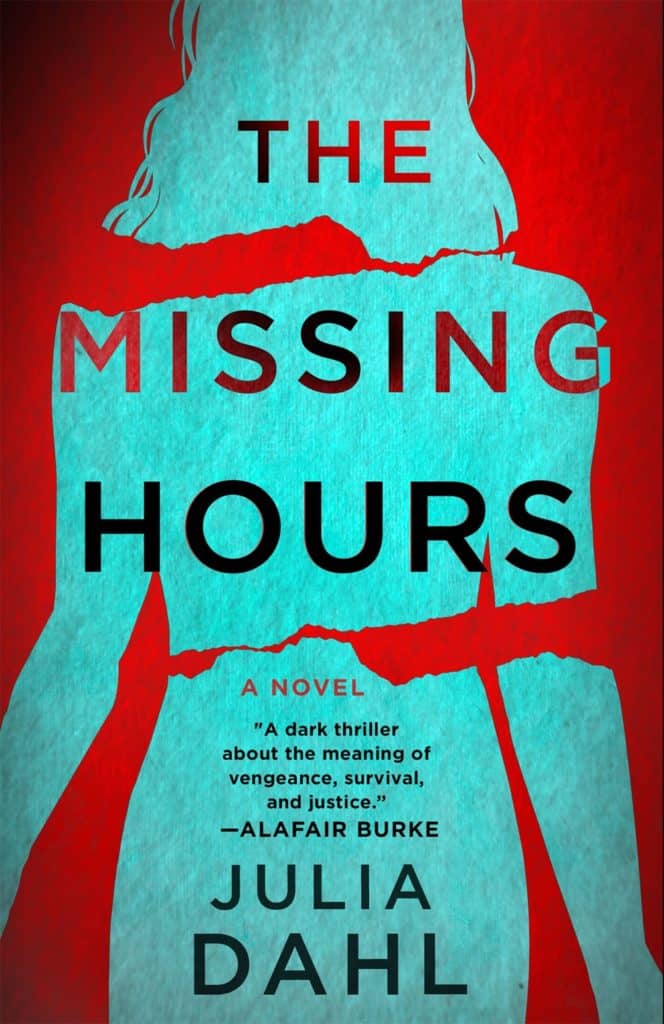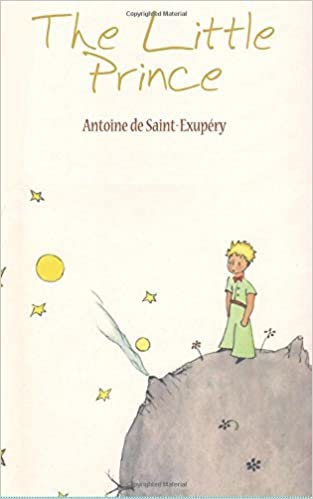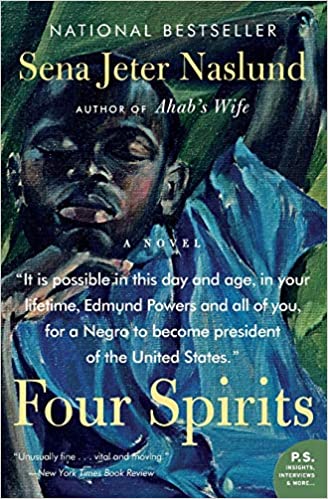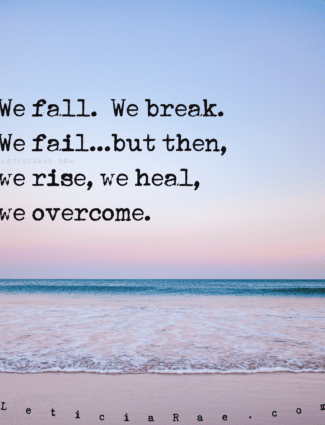
Broken but Resilient
Estimated reading time: 1 minute, 20 secondsWe are all broken. The challenge is not to repair the shards of our lives but to accept our frailness and rise and overcome our weaknesses.
Before Jan died, I never doubted that I would be able to overcome my failures and pick myself up.
But in the early weeks as a widow, my life was shattered into a million pieces.
The suggestion that I might one day rise and heal was ludicrous.
By the third month, I had begun to hear Jan’s whispering words in my mind.
Richard, you are capable and strong, and I believe in you.
I have focused on overcoming my darkest moments one day at a time.
I walk not merely to exercise but define with GPS the boundaries of my life without Jan.
Reading has become a hobby that challenges me to grow around my grief.
My amateur writing is an effort to ensure that Jan’s memory remains vibrant.
Jan’s love and devotion remind me daily that her belief in me will rebuild my resilience, and I will become stronger.
Jan is still with me, and our love will never die!
The Jan Lilien Education Fund sponsors ongoing sustainability and environmental awareness programs. Gifts made this month; I will match dollar-for-dollar. All donations are tax-deductible.
I receive a commission when you buy a book or product using a link on this page. Thank you for supporting Sharing Jan’s Love blog.


